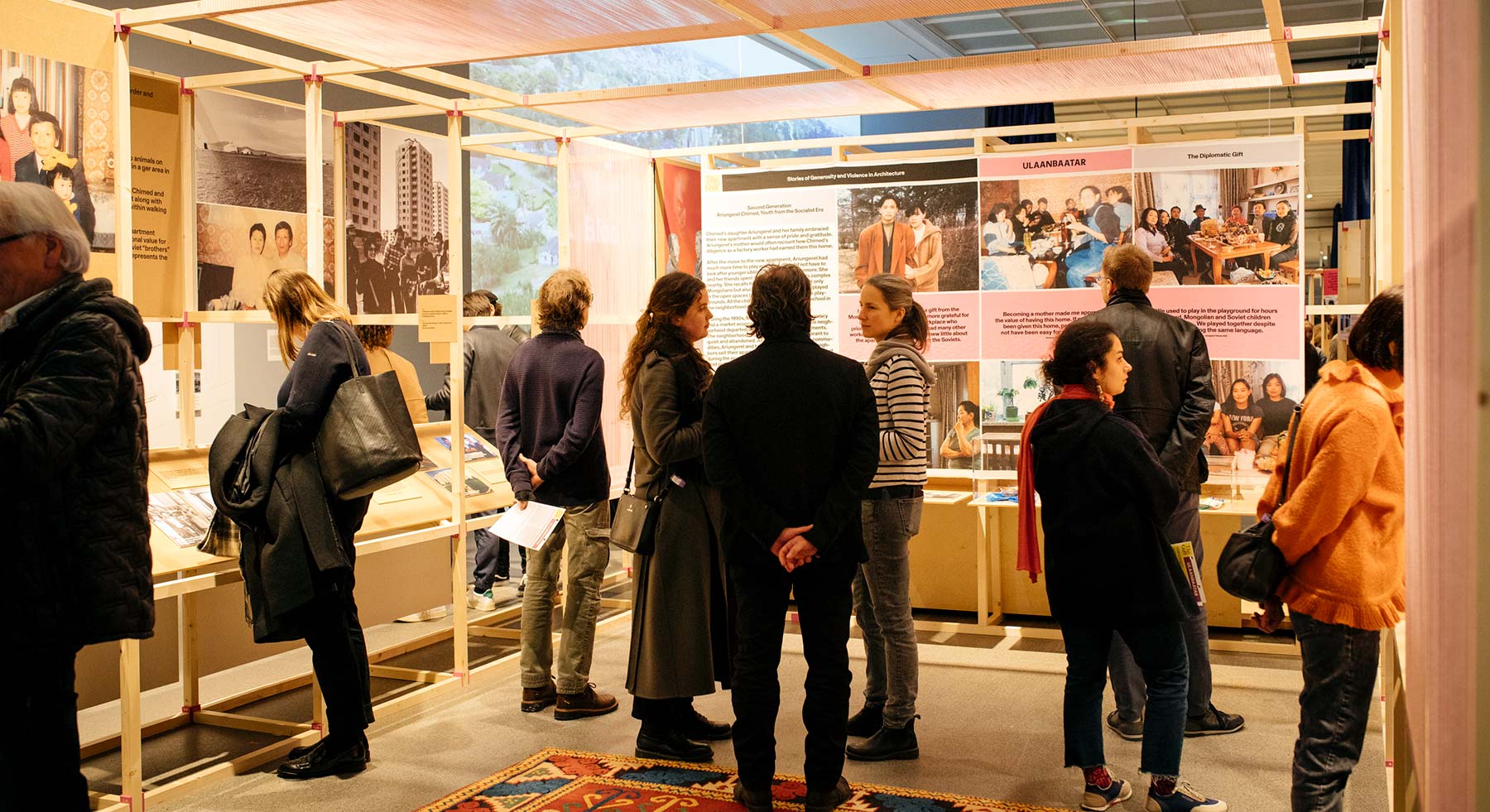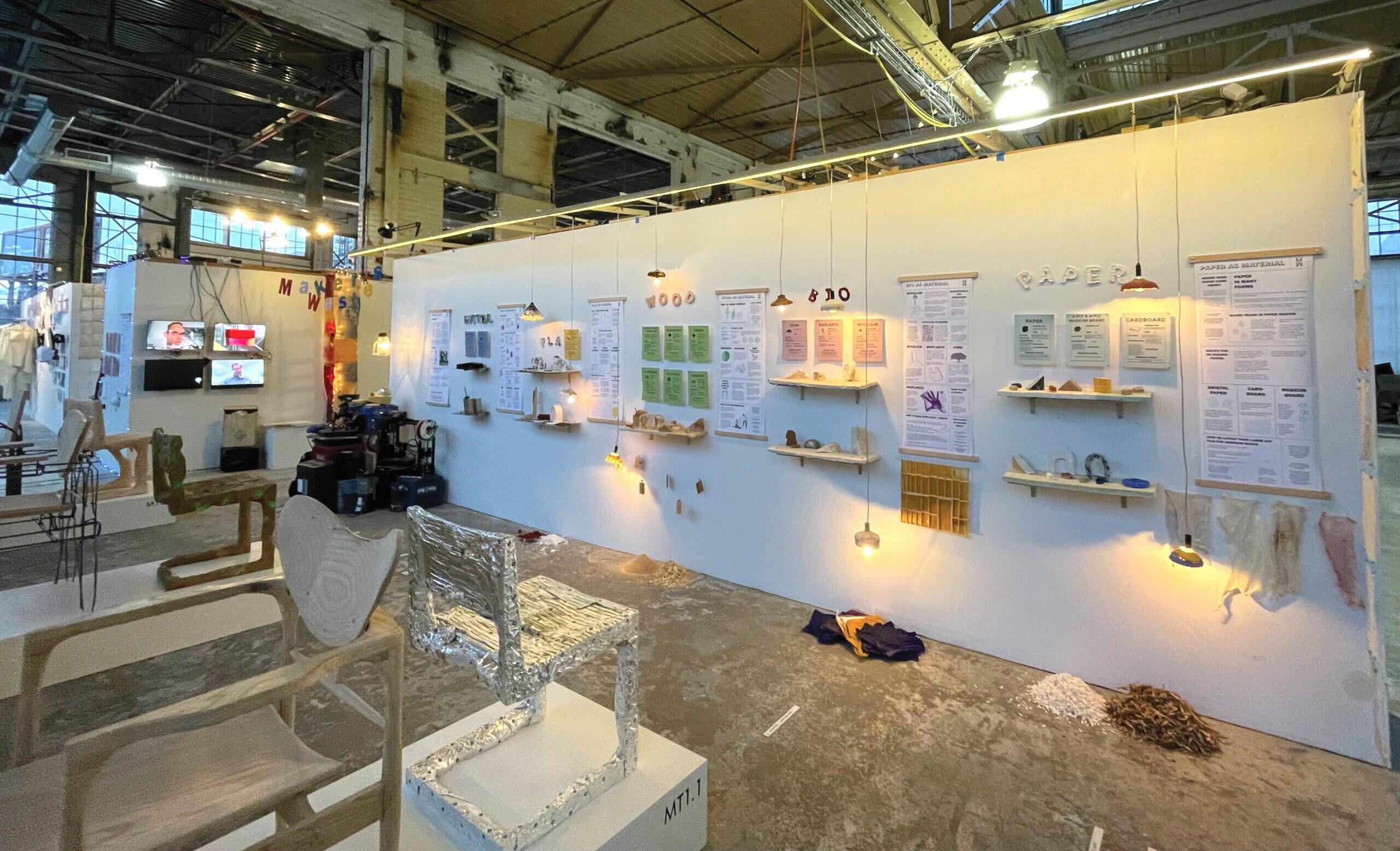The world’s building stock is expected to double by 2060, adding the equivalent of one New York City in new construction every month. Yet construction methods and materials that dominate the building sector are carbon-intensive, unhealthy for people, destructive to the environment, and are becoming increasingly expensive, with much of the burden falling on vulnerable populations. While efforts to reduce embodied and operational carbon emissions in the built environment are advancing, this research often remains at the lab, with limited industry translation or implementation at scale. At the same time, the building sector is lagging far behind in productivity compared to other manufacturing industries when it comes to sustainability targets and equity goals. A team of faculty members from the Taubman College of Architecture and Urban Planning, the College of Engineering, and the School for Environment and Sustainability is working to change that by developing a Low-Carbon Building R+D Initiative at the University of Michigan.
The Office of the Vice President for Research has awarded a VPR-RAD Catalyst Grant to advance a strategic roadmap for developing targeted research domains and building out capacity and industry partnerships that will position U-M as a leader in accelerating low-carbon building innovations. The initiative is a cross-unit collaboration led by three Associate Deans of Research: Kathy Velikov, professor at Taubman College; Eric Michielssen, Louise Ganiard Johnson Professor of Engineering in Electrical Engineering and Computer Science at the College of Engineering; and Bill Currie, professor at the School for Environment and Sustainability. Key faculty on the initiative include associate professor Tsz Yan Ng from Taubman College and, from Civil and Environmental Engineering, associate professor Brian Ellis and assistant professor Evgueni Filipov.
The vision for the Low-Carbon Building R+D Initiative is to create a framework for translational and applied research in decarbonizing the built environment and transforming the industry toward a sustainable and resilient future. The proposed initiative requires multidisciplinary collaboration across the university, leveraging diverse expertise to tackle wicked societal problems in the built environment to bring impactful solutions not possible to achieve through singular disciplines. Together with external industry and stakeholder input, innovations will be co-developed and prototyped as Living Labs. These living labs are envisioned as full-scale functional testbed demonstrators that will provide performance metrics to advance research and reduce risks for adoption such as costs, codes, policies, and supply chains and labor shortages. Viable and sustainable solutions will be addressed across the entire construction ecosystem, including impact on health and social equity.





